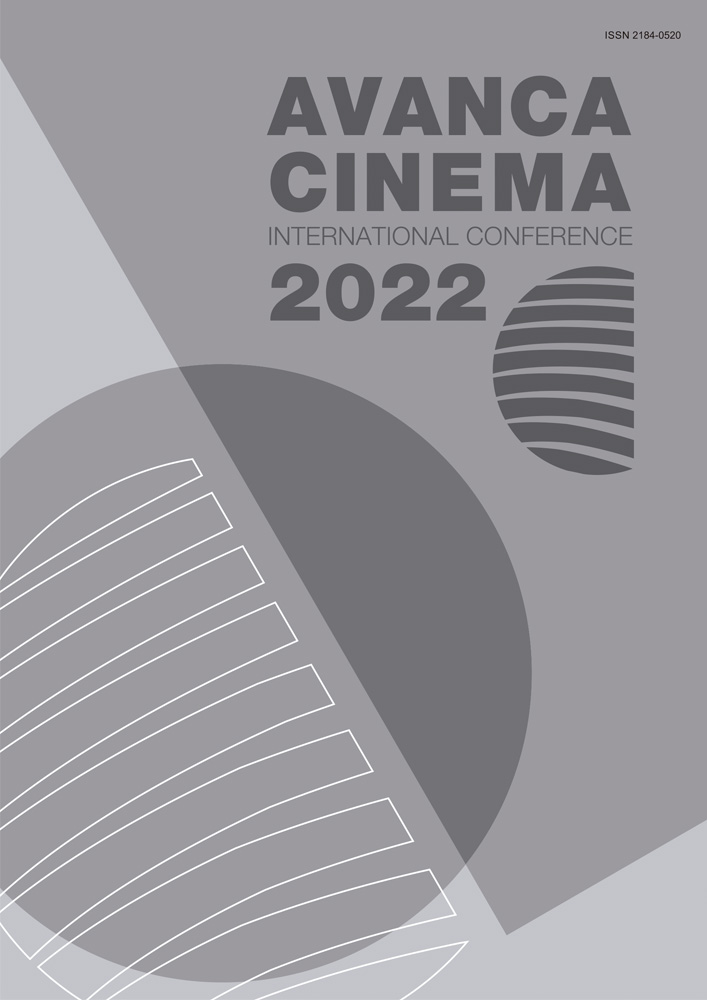Capítulo I _ Cinema – Arte
Listening to Otherness in Pedro Páramo (1967) by Carlos Velo. The self existence from the desires and memories of other.
Resumo
Pedro Páramo (1967) directed by Carlos Velo is part of the Mexican cinema of the sixties. This film has an arduous film adaptation work, as it is inspired by the homonymous novel written by Juan Rulfo in 1954. This text focuses on the encounter between Juan Preciado, the son of the chief Pedro Páramo, with the muleteer Abundio. This meeting is surrounded by symbolic elements that offer a visuality that enables ontological approaches linked to these moving images. These moving images will be the ones that, together with the sound resources, raise questions about being, as well as the desires that covers, always based on someone else’s memories and demands. This is how Pedro Páramo by Carlos Velo suggests to be a major movie inspired by a renowned novel as complex as the philosophical and psychoanalytic questions that cover the human being. This film confuses, annoys and fascinates the viewer, possibly leading him to the darkest reflections of his existence

Este trabalho encontra-se publicado com a Licença Internacional Creative Commons Atribuição 4.0.

